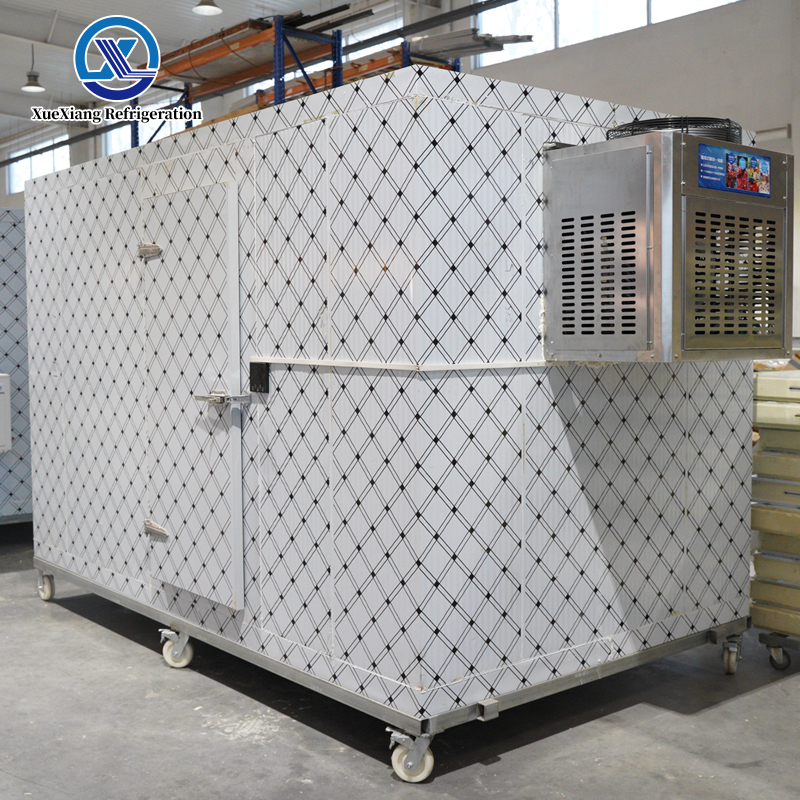Understanding and Optimizing Glycol Chiller Systems for Efficient Cooling Solutions
Understanding Glycol Chiller Systems
Glycol chiller systems play a crucial role in a variety of industrial and commercial applications, providing efficient cooling solutions for processes, equipment, and environments. These systems are particularly valuable in scenarios where traditional air conditioning would be insufficient or impractical. Here, we explore the essential components, operational principles, and benefits of glycol chiller systems.
What is a Glycol Chiller System?
A glycol chiller system utilizes a mixture of water and glycol (typically ethylene or propylene glycol) as a refrigerant to dissipate heat. The glycol solution has a lower freezing point than water, making it ideal for cooling applications in environments where temperatures may drop below freezing. These systems are widely used in food and beverage industries, chemical processing, ice rinks, and HVAC systems for commercial buildings.
Key Components
1. Chiller Unit The heart of the glycol chiller system, the chiller unit contains the compressor, evaporator, condenser, and expansion valve. The compressor circulates the refrigerant, the evaporator removes heat from the glycol solution, and the condenser releases this heat outside the system.
2. Glycol Reservoir This tank holds the glycol solution that absorbs heat from the process or environment. The reservoir is typically insulated to prevent heat gain from the surroundings.
3. Pumps Circulating pumps are essential for moving the glycol through the system, ensuring efficient heat transfer between the chiller, the process equipment, and the condenser.
4. Cooling Coils These are installed in the application areas (like fermentation tanks, cooling plates, or air handlers) to facilitate the efficient transfer of cooled glycol to the products or spaces that require temperature control.
glycol chiller system

Operational Principles
The operation of a glycol chiller system begins with the compressor, which draws in vaporized refrigerant and compresses it to a high pressure. The high-pressure vapor then flows into the condenser, where it releases heat to the outside atmosphere and condenses into a liquid state. This liquid refrigerant circulates through the expansion valve, where it experiences a drop in pressure and begins evaporating in the evaporator.
In the evaporator, the cold refrigerant absorbs heat from the glycol mixture in the reservoir, cooling it down significantly. This chilled glycol is then pumped through the system to the heat exchange coils where it absorbs excess heat from the space or process that needs cooling. The glycol returns to the chiller unit to repeat the cycle.
Benefits of Glycol Chiller Systems
1. Versatility Glycol chiller systems can operate efficiently in a wide range of temperatures, making them suitable for various applications, from food processing to HVAC in commercial buildings.
2. Preventing Freezing The use of glycol prevents the risk of freezing in applications exposed to low temperatures, ensuring consistent and reliable cooling.
3. Energy Efficiency Many glycol chiller systems are designed with energy-efficient compressors and components that reduce energy consumption, lowering operating costs.
4. Temperature Control These systems provide precise temperature control, which is critical for processes that require consistent environmental conditions.
5. Reduced Corrosion By using corrosion inhibitors in glycol solutions, the longevity of the system is enhanced, reducing maintenance costs and downtime.
In conclusion, glycol chiller systems are an integral part of modern cooling technologies across various industries. Their ability to handle low temperatures effectively, coupled with energy efficiency and versatility, makes them a preferred choice for many applications requiring meticulous temperature management. As industries continue to innovate, glycol chiller systems will undoubtedly evolve, solidifying their importance in temperature control solutions.
















































































































